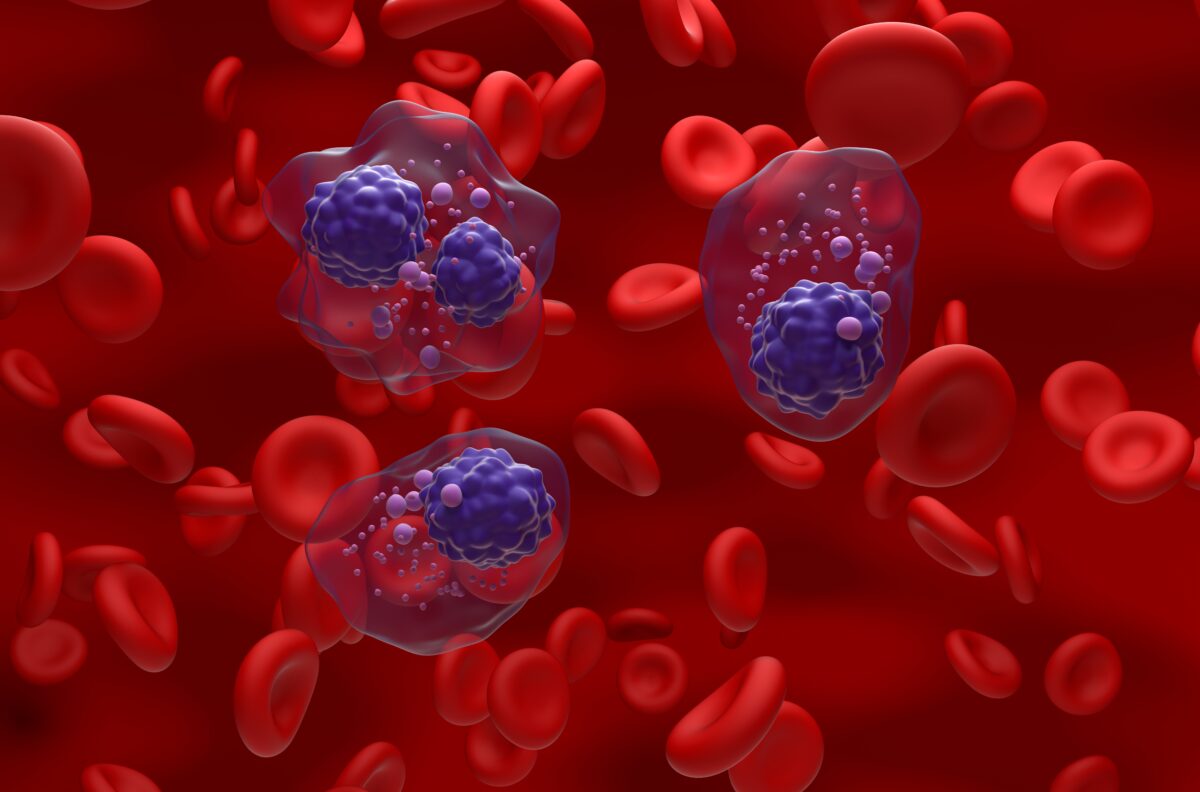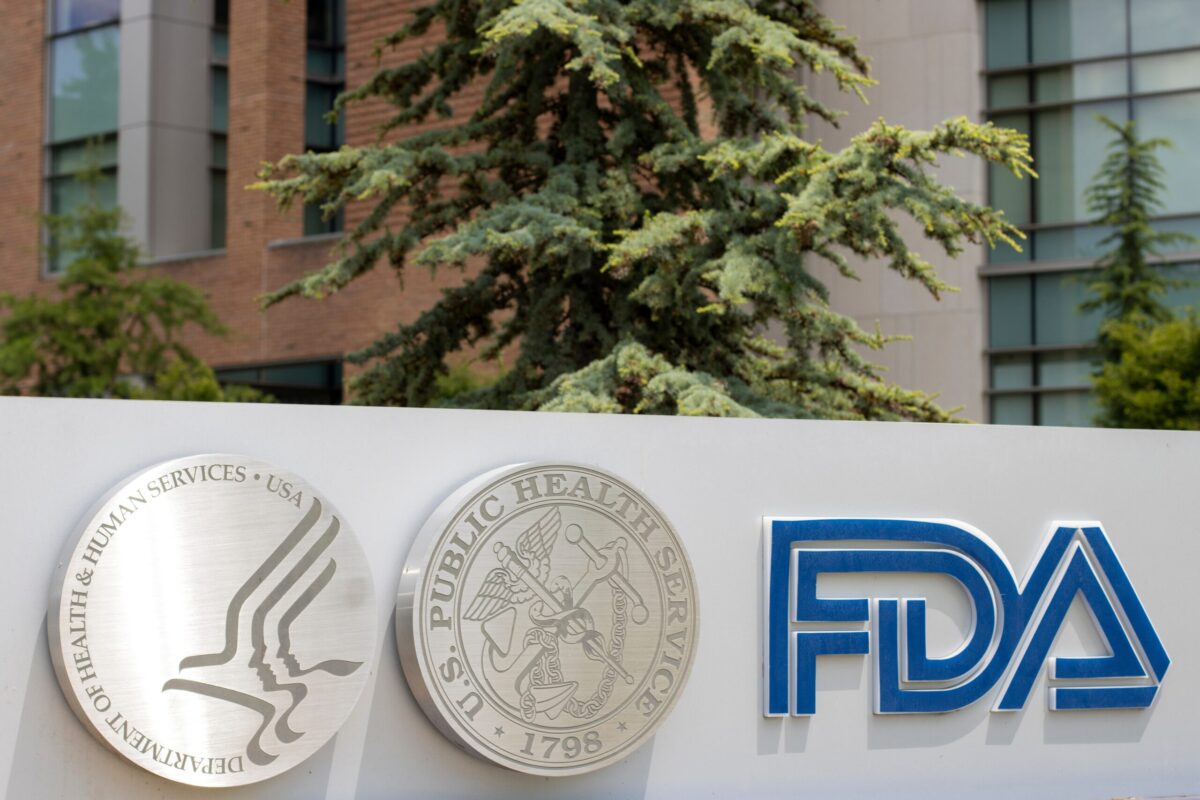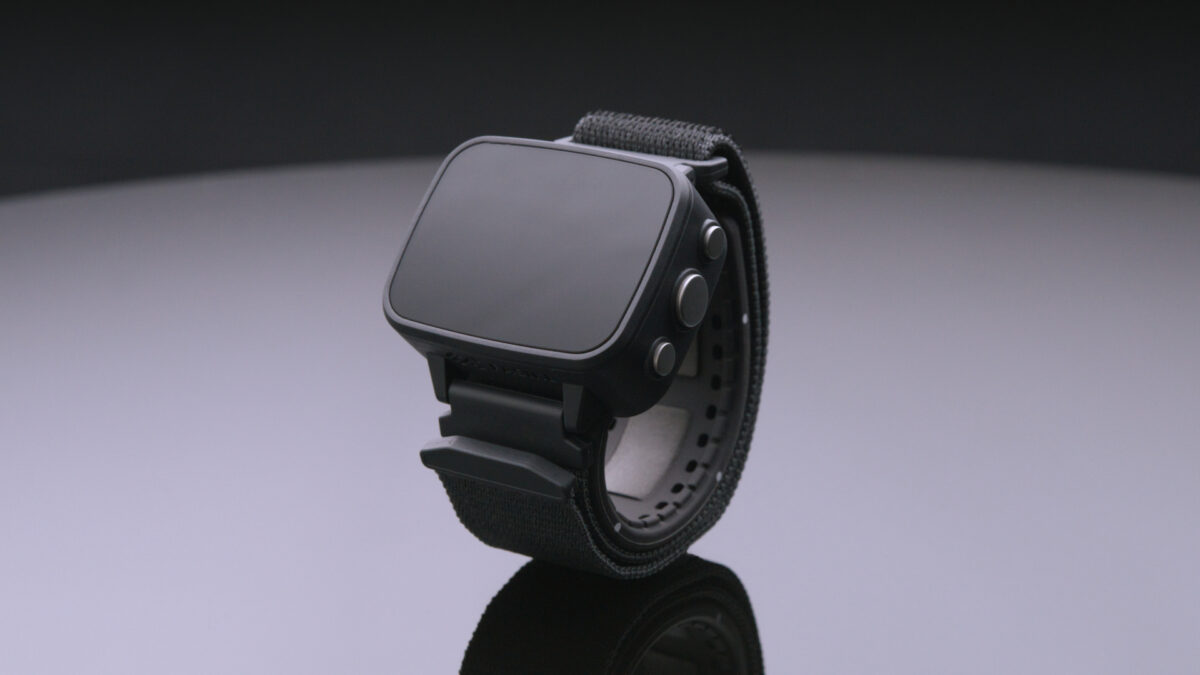Roche’s Ocrevus (ocrelizumab), a new drug designed to treat a form of multiple sclerosis for which no treatments are available, has been granted priority review status by the US Food and Drug Administration (FDA). The decision could lead to accelerated approval of the drug, which means the biologic could hit the market by the end of 2016.
The Swiss drugmaker is looking to include both relapsing multiple sclerosis and primary progressive multiple sclerosis on the drug’s list of indications. While there are multiple treatments on the market for relapsing multiple sclerosis – including those from Novartis, Merck, Biogen, Sanofi and Teva – there are no approved treatments for the progressive form of the disease.
It’s estimated that 10 to 15 percent of all patients with multiple sclerosis suffer from the progressive subtype. In clinical trials, Roche’s Ocrevus was a more effective treatment for relapsing multiple sclerosis compared to Merck’s injectable, Rebif. What’s more, the biologic reduced the risk of disability progression in patients with primary progressive multiple sclerosis by 24 percent, over the placebo.
“Ocrevus is the first investigational medicine to significantly reduce disability progression in people with relapsing and primary progressive forms of MS,” said Dr. Sandra Horning, chief medical officer and head of Global Product Development. “We are pleased by the FDA’s decision to classify their review of the biologics license application as priority because we believe Ocrevus has the potential to help people living with either of these two forms of MS. We will continue to work closely with the FDA and European Medicines Agency (EMA) to bring this investigational medicine to people with MS as quickly as possible.”
Roche also expects the drug to win EMA approval by mid-2017. If approved, the drug would be the first to provide a treatment option for 95 percent of all multiple sclerosis patients.
Due to its blockbuster potential, sales of the biologic are expected to reach between $3 billion and $7 billion at its peak. The revenue could prove essential for Roche as many of its cancer drugs may soon face biosimilar competition.
A small French biotech company, MedDay, is currently also developing a biologic for primary progressive multiple sclerosis. Their drug candidate, MD1003, is being tested in a Phase III clinical trial. The company hopes to win European approval for the drug in 2017, with plans to file an FDA application later on.










Join or login to leave a comment
JOIN LOGIN